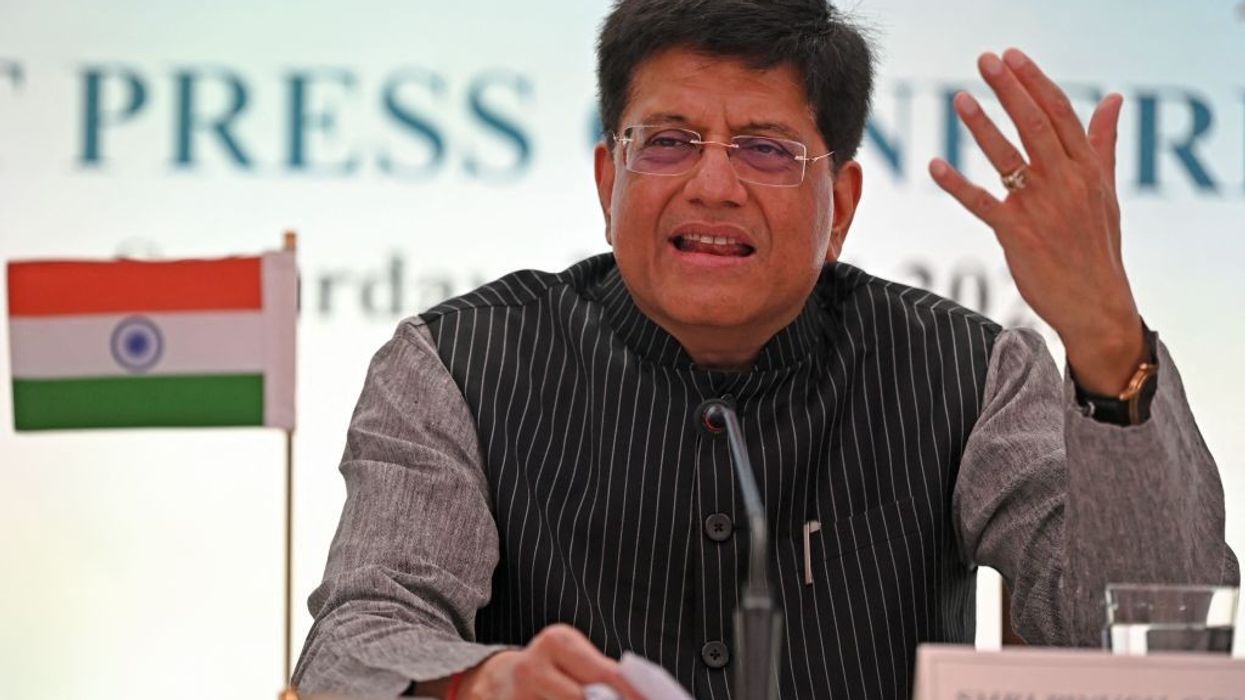INDIA and the UK have agreed to add momentum to the ongoing free trade agreement (FTA) negotiations.
Indian commerce and industry minister Piyush Goyal tweeted on Tuesday (11) after meeting UK business and trade secretary Kemi Badenoch, saying they had agreed to keep up work towards a mutually beneficial deal.
India and the UK started round 11 of their FTA talks last week and it is expected to conclude on Friday (7).
“Held a meeting with the UK Secretary of State for Business and Trade Kemi Badenoch in London. Discussed how both sides can add further momentum to the India-UK Free Trade Agreement negotiations for a mutually beneficial deal,” Goyal said his tweet.
It came a day after a UK government source said the senior Indian ministerial visit to the UK in the midst of a negotiation round shows there is political will to make progress towards an ambitious trade deal.
“The potential is clear: a strong trade deal will strengthen the economic links between the UK and India, already worth £36 billion in 2022. But we will only sign when we have a deal that is in the best interests of the UK,” the source noted.
India, UK agree to add momentum to FTA talks




